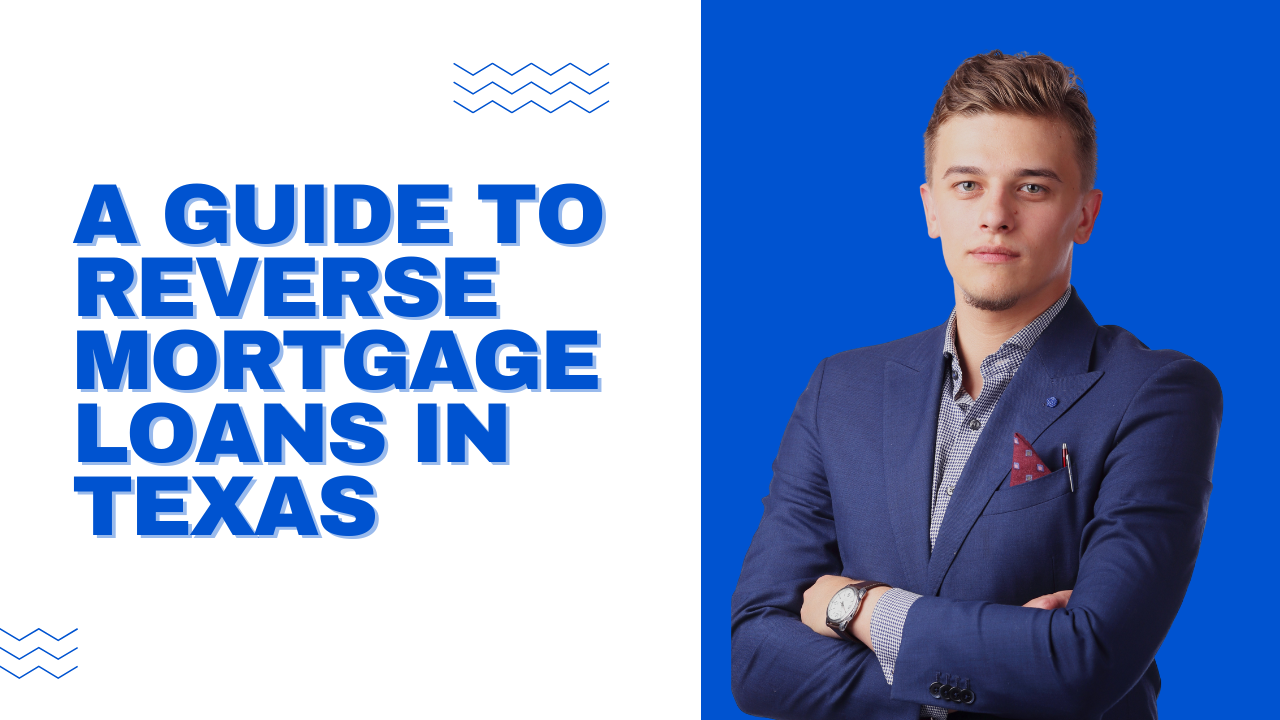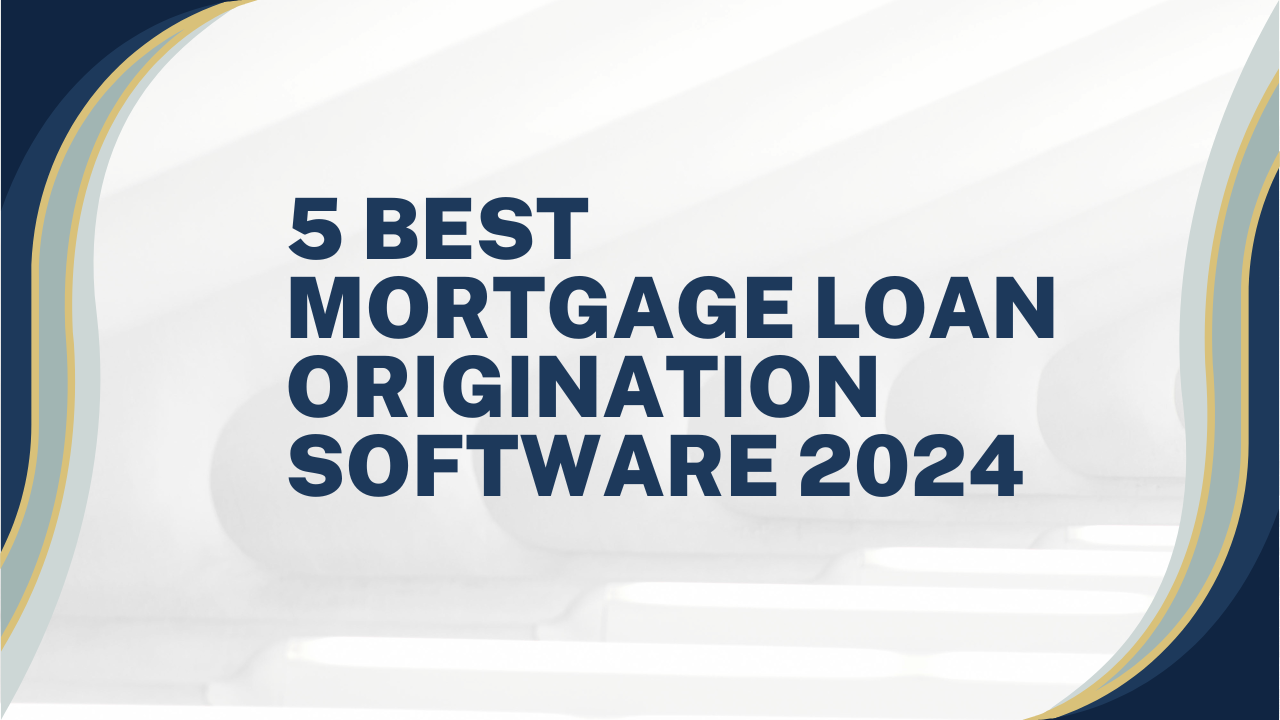Introduction
A Guide to Reverse Mortgage Loans in Texas: Reverse mortgage loans have become an increasingly popular financial tool for older homeowners looking to leverage their home equity without selling their property. In Texas, where many residents have significant home equity but insufficient retirement savings, understanding a reverse mortgage is critical. This guide is intended to provide comprehensive information about reverse mortgage loans, their benefits, risks, and the application process, particularly in the Texas context.
What is a reverse mortgage loan?
A reverse mortgage loan allows homeowners age 62 or older to convert a portion of their home equity into cash without selling their home. Unlike traditional mortgages, where the borrower makes monthly payments to the lender, a reverse mortgage pays the homeowner. The loan is repaid when the homeowner moves, sells, or dies.
Types of reverse mortgage loans
Home Equity Conversion Mortgage (HECM)
HECMs are the most common type of reverse mortgage, insured by the Federal Housing Administration (FHA). They typically offer higher loan amounts and more flexibility in how you receive funds.
Equity Reverse Mortgages
These are private loans provided by financial institutions. They are designed for owners of higher-valued homes and can offer larger loan amounts than HECMs.
Single purpose reverse mortgages
These loans are typically made by state or local government agencies and nonprofit organizations, and are intended for specific purposes, such as home repairs or property taxes. Their costs are often lower but availability is limited.
Eligibility criteria
Age requirements
Applicants must be at least 62 years old to qualify for a reverse mortgage.
Home ownership status
Applicant must own the home outright or have a low mortgage balance that can be paid off at closing with the proceeds from the reverse loan.
Financial standards
Applicants must demonstrate the ability to cover ongoing costs such as property taxes, insurance, and home maintenance.
Property requirements
The home must be the primary residence and eligible properties include single-family homes, 2-4 unit properties, and FHA-approved condominiums.
How does a reverse mortgage work?
Loan Disbursement Options
Homeowners can choose to receive the loan funds as a lump sum, monthly payments, a line of credit, or a combination of these.
Loan payment process
Payment is usually deferred until the homeowner sells the home, moves, or dies. The loan amount, including interest and fees, is repaid from the proceeds of the sale.
Impact on Home Equity
As the loan balance increases over time due to interest and fees, the value of your home’s equity decreases. However, homeowners retain ownership and can live in the home as long as they meet their credit obligations.
Benefits of Reverse Mortgage Loans
Financial flexibility
Reverse mortgages provide additional income that can be used to cover various expenses, improving the homeowner’s financial security.
No monthly mortgage payments
Homeowners are not required to make monthly mortgage payments, reducing the financial burden they bear.
Tax-free returns
The money received from a reverse mortgage is usually tax deductible because it is considered an advance on the loan.
Maintain home ownership.
The homeowners retain title and live in the home as long as they comply with the terms of the loan, such as maintaining the property and paying property taxes and insurance.
Risks and considerations
Accrued interest
Loan interest accumulates over time, increasing the loan balance and reducing the equity in your home.
Impact on inheritance
The loan must be repaid when the owner dies or the home is sold, which may affect the heirs’ remaining inheritance.
Prices and costs
Reverse mortgages involve a variety of fees and costs, including origination fees, closing costs and servicing fees, which can be significant.
Impact on government benefits
While reverse mortgage proceeds do not affect Social Security and Medicare, they can affect need-based programs such as Medicaid.
Apply for a reverse mortgage in Texas
Find a lender
It is important to work with a reputable lender who is experienced with reverse mortgages. The U.S. Department of Housing and Urban Development (HUD) provides a list of approved lenders.
Required Documents
Applicants must provide proof of identity, proof of home ownership, and financial information, including income and debts.
Counseling requirements
Before applying, homeowners should receive advice from a HUD-certified counselor to ensure they understand the terms and implications of the loan.
Costs involved in reverse mortgages
Start-up costs
These include origination fees, mortgage insurance premiums, and appraisal fees.
Ongoing costs
Monthly service fees and annual mortgage insurance premiums are common ongoing costs.
Closing costs
Closing costs may cover title insurance, inspections, and recording fees.
interest rates
Interest rates can be fixed or adjustable, which affects the overall cost of the loan.
Financial Planning with Reverse Mortgages
Integration with retirement plans
Reverse mortgages can supplement other sources of retirement income, providing additional money for living expenses or medical bills.
Use income wisely
It is essential to budget and use loan funds wisely to avoid future financial problems.
Alternatives to consider
Other options, such as downsizing or selling the home, may be more appropriate depending on individual circumstances.
Legal and regulatory considerations
Federal regulations
HECMs are regulated by the Federal Housing Administration (FHA), which sets debt limits, insurance requirements, and counseling mandates.
Specific Texas laws
Texas has specific laws governing reverse mortgages, including homeownership and spousal protection requirements.
Borrower protection
Regulations exist to protect borrowers from abusive lending practices and ensure transparency and fairness.
Common myths and misconceptions
Loss of home ownership
Homeowners don’t lose their property; They can live in the home as long as they comply with the terms of the loan.
Burden heirs with debts
The heirs are not personally liable for the loan; The debt is paid off with the proceeds from the sale of the home.
Reverse mortgages are a last resort
Reverse mortgages can be a strategic financial tool, not just a last resort for cash-strapped homeowners.
Case studies
Successful use cases
Examples of homeowners who have used reverse mortgages to fuel their retirement, finance home renovations, or cover medical expenses.
Lessons learned from challenges
Feedback from borrowers who have faced challenges highlight the importance of understanding the loan terms and seeking professional advice.
Expert Perspectives
Excerpts from financial advisors
Financial advisors emphasize the importance of considering all financial options and understanding the long-term implications of reverse mortgages.
Perspectives from real estate professionals
Real estate professionals provide information on how reverse mortgages impact the housing market and home sales.
The future of reverse mortgages
Market trends
Growing popularity among baby boomers and the development of new products adapted to different needs.
Possible legislative changes
Ongoing discussions on regulatory changes to improve borrower protection and lending transparency.
Technological innovations
Advances in digital platforms are streamlining the application process and improving borrower education.
Frequently asked questions (FAQ)
Who can apply for a reverse mortgage?
Homeowners age 62 or older who meet eligibility criteria.
How much can I borrow?
The loan amount depends on factors such as the value of the home, interest rates, and the age of the borrower.
What happens if I exceed the loan term?
Borrowers can remain in the home as long as they comply with the terms of the loan; The loan is repaid when the home is sold or the borrower moves.
Can I sell my house with a reverse mortgage?
Yes, but the balance of the loan must be paid with the proceeds of the sale.
Conclusion
Reverse mortgage loans provide a valuable financing option for Texas homeowners looking to tap into their home equity while maintaining home ownership. Understanding the benefits, risks, and application process is critical to making informed decisions. By using a reverse mortgage wisely, homeowners can improve their financial security and enjoy a more comfortable retirement.



